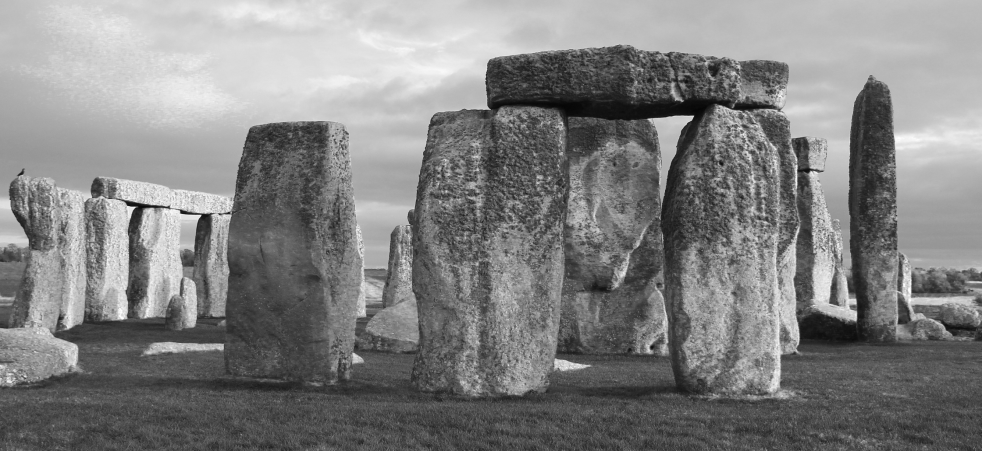 Circe by Madeline Miller
Circe by Madeline Miller
I read it as a: hardback
Source: my own collection
Length: 333 pp
Publisher: Bloomsbury Publishing UK
Year: 2018
Circe is the tale of a fascinating but somewhat overlooked woman from Greek myth. She is the daughter of the sun god Helios, a lesser divinity, immortal, and a witch. She has the power to transform things and she knows the inherent magic in plants. Most of us know her from her role in The Odyssey, which was significant even if it wasn’t long. This novel tells her tale from her childhood, her self-discovery, and how she finds a place for herself in the harsh world of the gods.
I absolutely loved how Circe deals with her role in and among the gods. She never has an easy time – she has the worst time, really – but she is a woman in a man’s world and she still makes a place for herself. She is seen, and forces the divinities to acknowledge her in some way, whether any of them like it or not, including her. I think this really mirrors the experiences of modern women in that we still struggle to be seen and be taken for granted, not be underestimated, and not shuffled off or ignored as though we are worthless.
When Circe encounters Prometheus, it sets the stage for her entire life. She learns she can defy the gods to an extent. Perhaps she will be punished for her defiance if she gets caught, but she also learns they don’t actually know everything and there are things people can do and get away with that they never know about. She manages to make this idea central in her own life, defying the gods in subtle and not so subtle ways.
I really loved the way crafts were woven throughout as well. They were, however, divided by traditional gender roles. It makes sense within the context of the narrative, though, since Circe, Penelope, Medea, were expected to know certain things and not others, and vice versa for Odysseus or Daedalus. The women knew weaving and spinning, herb lore, healing and midwifery. The men knew smithing, metalwork, sculpting, and woodworking. Breaking down crafts by gender roles reinforces the roles and highlights the fact that even the gods are similar to humans in this world, which is super interesting because, even though the gods are immortal and have various powers, they are still limited in some ways with what they can do. They are governed largely by their emotions and desires. In many of the ways that count, they act more like immortal toddlers than as wise beings. Humans tend to be more reasonable in some situations than the gods, which I think is interesting. Is it how Circe sees the gods and humans, or is that how it truly is here? Intriguing commentary, either way.
There are just too many things that could be discussed for one review – how parents view their children and vice versa; the relationship between Circe and her sister Pasiphae or her brother Aeetes; how Daedalus affects Circe; Medea; Penelope, Telemachus, and Odysseus; power dynamics; transformations of a multitude variety. Like the Greek myths themselves, you could probably write a dissertation about the ways to interpret this novel, how the characters influence each other and the world around them, gender roles and expectations, or the role of choice and fate. I loved this book, and I love strong women, and strong women figuring out that they are strong is just the best.
I haven’t even gotten into the sheer beauty of Miller’s writing style. I think I will have to do a separate post just with my favorite lines from the book.
In any case, this is very highly recommended and an excellent way to get a ton of Greek mythology without reading the source material, if that isn’t really your thing. Though everyone should read The Iliad and The Odyssey at least once in their life.

One thought on “Circe”